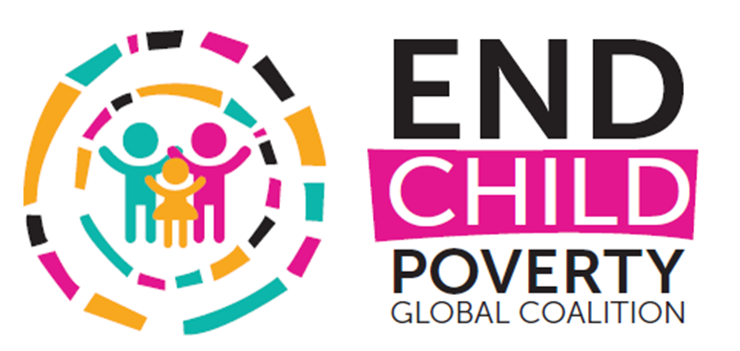What do we know about young women’s economic empowerment in Young Lives?
RESEARCH FINDINGS
Young Lives/Author: Frances Winter
Lien, 19 years old, from Vietnam, describes a visit from a careers adviser: “He said the girls should do social work .. I could take care of the elderly or children, work at the hospital ward or with companies that need social workers. .. I didn’t know so much. I heard about it and I just chose it.”
The older girls in Young Lives’ study of childhood poverty are now aged 22 – no longer girls but young women. For them, the focus on economic empowerment this International Women’s Day, cannot come too soon.
With data from our most recent survey round now coming in from Ethiopia, India, Peru and Vietnam, our first task will be to examine how young women and men are getting on in the labour market, publishing initial findings in spring 2018.
But all the indications are that investing in girls is a vital foundation for women’s economic empowerment. Girls themselves have high aspirations for their future. Among the Older Cohort, between 75 per cent (Ethiopia) and 92 per cent (Peru) of children aged 12 aspired to undertake vocational training or to attend university. In Peru and Vietnam, we find many girls have higher education aspirations than boys, while in Ethiopia and in India (Andhra Pradesh and Telangana) the opposite is true. India is the only context in which caregivers have markedly lower aspirations for their daughters than their sons at the age of 12, and by the age of 15, girls have lower ambitions for themselves.
As our recent policy paper highlights, it is during adolescence when girls’ unpaid care work increases, when many girls start to work outside the home, and when decisions about school, marriage and childbearing are made with lasting consequences. In today’s labour markets, many young women and men from poor backgrounds face formidable hurdles earning a decent livelihood. In addition, young women experience additional demands on their time, limited access to economic resources as well as discriminatory social norms which limit their mobility or opportunities.
In a series of blogs for International Women’s Day, four Young Lives researchers describe what we are finding out about girls’ life chances and experiences during adolescence.
- From India, Renu Singh explores why girls are less likely to complete secondary school than boys, and argues for an extension of the right to education beyond 14 years.
- Many children begin paid and unpaid work well before they reach adulthood. Gina Crivello shares new evidence from Young Lives on girls’ unpaid care and gendered changes in time-use patterns across childhood and into early adulthood.
- Alan Sanchez reports from Peru on the predictors of teenage pregnancy, and the implications for policy on social protection, education and sexual and reproductive rights.
- The position of married adolescent girls deserves greater policy attention. Based on her new working paper, Young Lives Ethiopia researcher Nardos Chuta describes how life changed after marriage for Haymanot and Sessen, two young women who have been taking part in Young Lives’ qualitative longitudinal research since they were young girls.
Across very different social and economic contexts, Young Lives’ evidence has shown that by the start of adult life, girls’ and boys’ aspirations, education and responsibilities have already been profoundly shaped by poverty, gender and the place where they grew up. Action to promote women’s economic empowerment needs to start with attention to gender and poverty inequalities in childhood.



